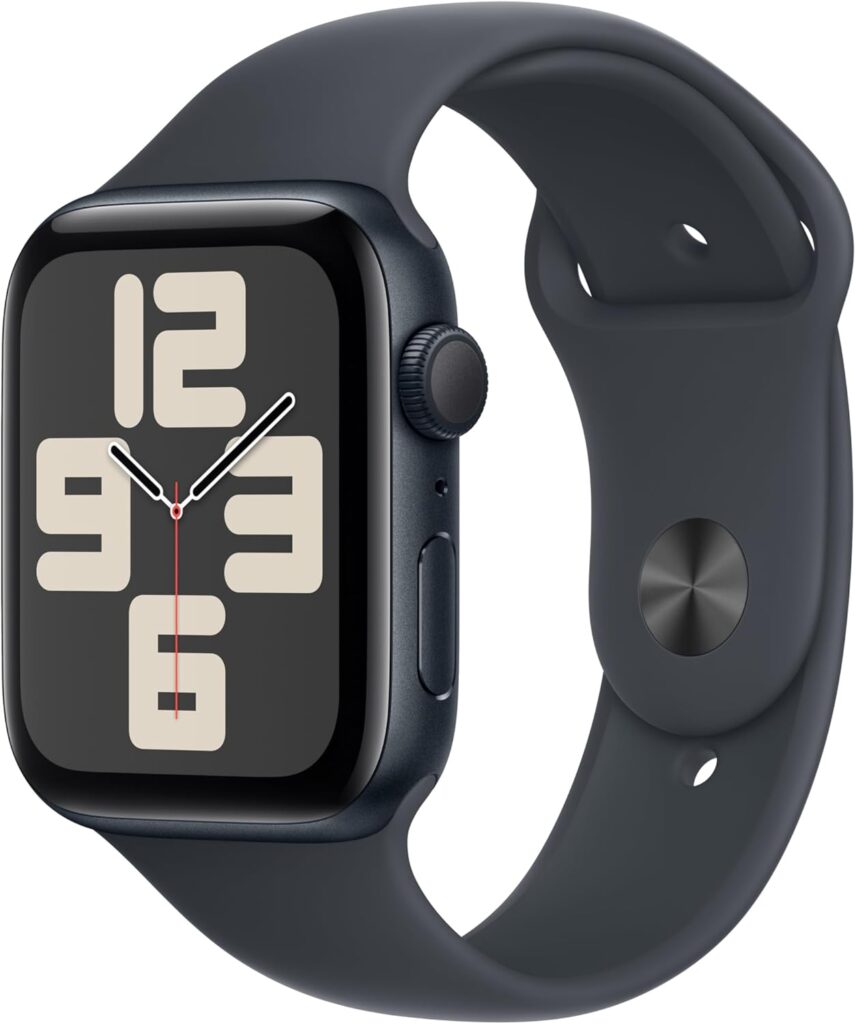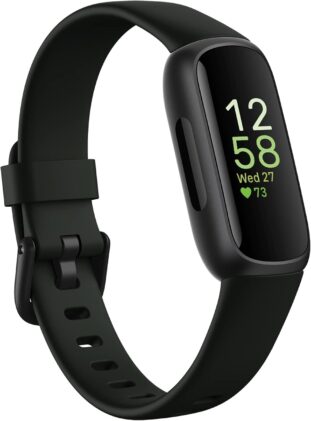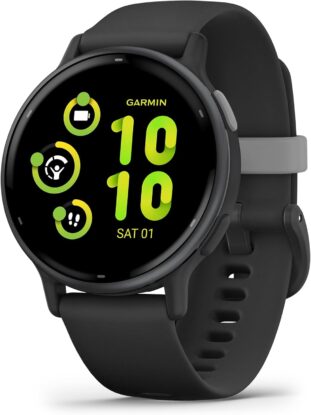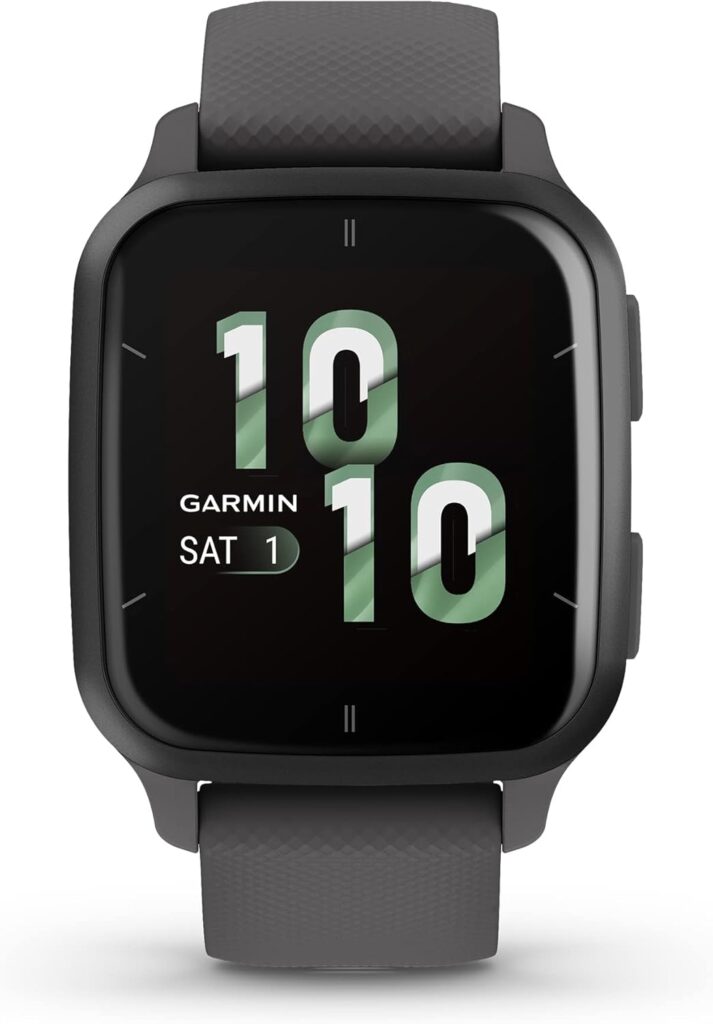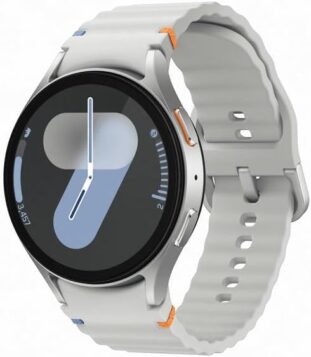Confused about whether to buy a smartwatch vs fitness tracker? Discover the real differences, pros and cons, and practical tips, for seniors to make the right choice without wasting money.
Ever stood in front of a display of shiny wearable technology and thought, “Which one’s really worth it?” That was me a few months ago, torn between a smartwatch and a fitness tracker.
Both promised to help me stay active, monitor my heart rate, and even remind me to drink water. But as someone who’s also a caregiver for a family member, I needed something reliable, easy to use, and practical for daily life.
This guide breaks down the real differences between a smartwatch vs fitness tracker, especially for seniors and caregivers who want to stay healthy without getting lost in tech jargon. Focus on the Pros and Cons.
Why Choosing the Right Smartwatch vs Fitness Tracker is Important
When it comes to health tracking devices, not all wearables are created equal. Some are packed with features that sound impressive but end up unused. Others are simple, affordable, and do exactly what’s needed.
For seniors or anyone acting as a caregiver for a family member, the right device can make a world of difference. It can:
- Track heart rate and sleep patterns
- Send medical alerts or fall detection notifications
- Encourage daily movement with step counters
- Provide peace of mind through health monitoring smartwatches
Smartwatch vs Fitness Tracker: What’s the Real Difference?
At first glance, both devices look similar. But dig a little deeper, and you’ll find they serve slightly different purposes.
Smartwatch – Health Monitoring Wearables for Seniors
A smartwatch is like having a mini smartphone on your wrist. It connects to your phone, displays notifications, and often includes GPS, sleep tracking, and calorie tracking. The All-in-One Companion
| PROS | CONS |
| Great for multitaskers who want everything in one place Offers smartwatch notifications for calls, texts, and reminders Many models include fall detection and blood pressure tracking | Shorter battery life due to advanced features Can be pricey and sometimes overwhelming for beginners |
The Apple Watch SE (2nd Gen) is ideal for seniors who want health monitoring smartwatch features like heart rate alerts and fall detection.
Fitness Tracker: A Simple, No-Fuss Option
A fitness tracker focuses on health and activity. It’s lightweight, affordable, and perfect for tracking steps, sleep, and calories burned.
| PROS | CONS |
| Long battery life (some last up to 10 days on average or more!) Simple interface, great for seniors Affordable and easy to maintain | Limited smartwatch features like notifications or apps May lack advanced GPS smartwatch capabilities |
The Fitbit Inspire 3 is a popular and reliable fitness band with heart rate monitor and sleep tracking that’s perfect for seniors.
Smartwatch vs Fitness Tracker for Seniors: Which One Wins?
For seniors, the choice often depends on lifestyle and their comfort level with technology.
If the goal is to stay connected, monitor health, and receive alerts, a smartwatch is the better pick. But if simplicity and affordability matter most, a fitness tracker wins hands down.
Pro Tip:
When helping a loved one choose, consider their daily routine. My mother, for instance, found the fitness tracker easier to use because she didn’t need notifications or apps—just a gentle reminder to move and track her sleep.
Key Features to Look For
When comparing smartwatch vs fitness tracker, focus on features that truly matter for seniors and caregivers. Ignore the shiney bells and whistles!
Health Monitoring
Look for heart rate monitor, sleep tracking, and blood pressure tracking. These key features help detect early signs of fatigue or irregularities.
Ease of Use
Large fonts, simple navigation, and clear displays are essential.
Battery Life
A long-lasting smartwatch battery life means fewer charging hassles.
Comfort and Design
A lightweight fitness tracker design ensures comfort during sleep and daily wear.
Water Resistance
A waterproof fitness tracker is perfect for those who enjoy swimming or gardening.
The Garmin Vivoactive 5 or the Garmin Venu® Sq 2 GPS Smartwatch – combine wearable fitness technology with a bold design and long battery life up to 11 days making them a bit pricier
Real-Life Lessons Learned – From My End!
After testing both devices, here’s what stood out:
- Smartwatch notifications were helpful but sometimes distracting.
- The fitness tracker encouraged more consistent use because it was simpler.
- Health monitoring smartwatch features like fall detection gave peace of mind when caring for my elderly father.
- The step counter and calorie tracker motivated daily walks.
It’s not about which device is “better” overall—it’s about which one fits the user’s lifestyle.
Smartwatch vs Fitness Tracker for Older Adults
As a caregiver for a family member, technology can be a silent partner. Smartwatches can alert you if your loved one’s heart rate spikes or if they’ve been inactive too long. Meanwhile, fitness trackers for seniors can help track sleep quality and daily movement.
The Samsung Galaxy Watch 7 is a powerful smart health device with advanced wellness technology for seniors and caregivers alike and is also worth checking.
Practical Tips for Choosing the Right Device
- Set a budget – Don’t overspend on features you won’t use.
- Check compatibility – Ensure it syncs with your current smartphone. This one is huge!
- Read reviews – Look for feedback from other seniors or caregivers.
- Check band length / diameter – Comfort matters more than you think.
- Prioritize health features – Especially heart rate monitor and sleep tracking.
Common Mistakes to Avoid
- Buying based on brand hype instead of actual needs – even among brands, not all models are winners or meet your requirements
- Ignoring battery life and charging convenience
- Overlooking waterproof fitness tracker features for active seniors
- Forgetting to adjust settings for accurate fitness tracker accuracy
Conclusion – Smartwatch vs Fitness Tracker for Older Adults
Choosing between a smartwatch vs fitness tracker doesn’t have to be confusing. Think about who will use it, what features matter most, and how it fits into daily life.
For seniors and caregivers, the right wearable can be a game-changer—offering independence, safety, and motivation to stay active.
Ready to make the right choice? Explore the recommended devices above on Amazon.ca and find the perfect fit for your lifestyle. Don’t waste money on the wrong one—invest in a wearable that truly supports your health and well-being.
Related Articles
- 7 Best Wearable Fitness Trackers for Seniors
- Easily Walk 10k Steps Daily for Beginners – Correct Gear
FAQs for Choosing a Smartwatch vs Fitness Tracker
What’s better for seniors, a smartwatch or a fitness tracker?
A fitness tracker is simpler and more affordable, while a smartwatch offers advanced health monitoring and connectivity.
Can a smartwatch detect falls or medical emergencies?
Yes, many health monitoring smartwatches include fall detection and emergency alerts.
How accurate are fitness trackers for heart rate and sleep tracking?
Modern fitness trackers are quite accurate, though results can vary slightly depending on fit and model.
Are smartwatches worth the extra cost for seniors?
If advanced features like GPS smartwatch tracking and smartwatch notifications are useful, then yes—they’re worth it.
What’s the best wearable for a caregiver for a family member?
A smartwatch with health monitoring and fall detection features is ideal for caregivers who want real-time updates on their loved one’s well-being.

